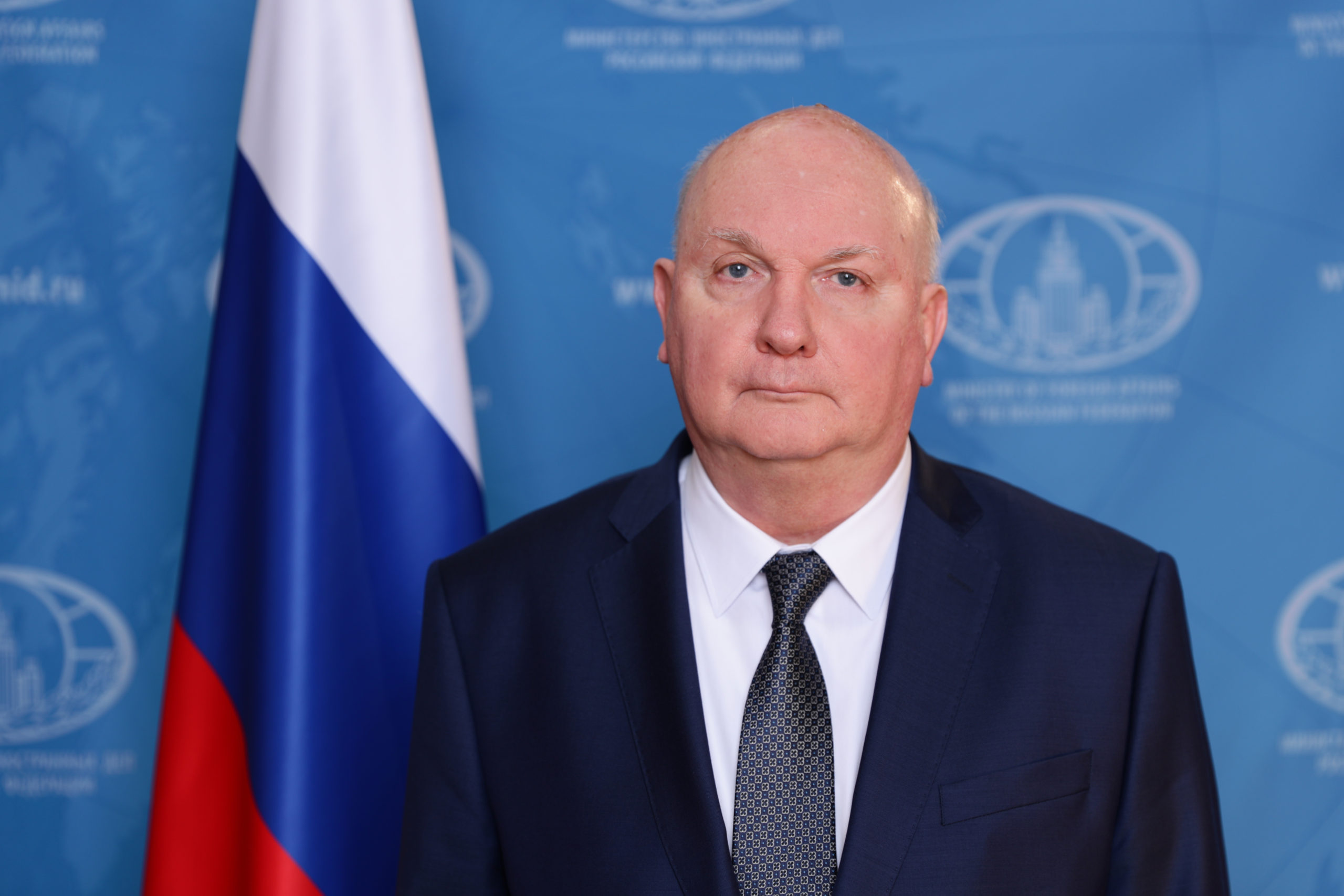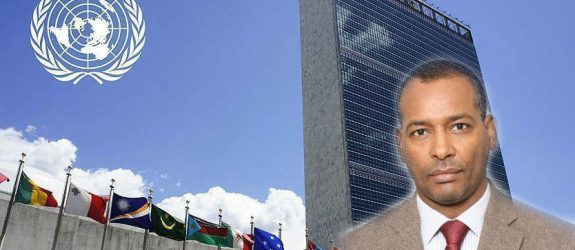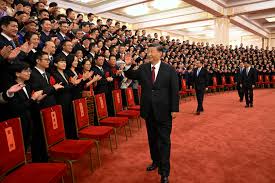
His Excellency Andrey Kemarskiy is the Ambassador of the Russian Federation to the Republic of Botswana and SADC
By H.E Andrey Kemarskiy*
Late 2021 – early 2022 has seen a well-coordinated global media campaign that is unprecedented in scale and sophistication, the aim of which is to convince the world public that the Russian Federation is preparing to invade Ukraine.
The Western media have been spreading outright disinformation, trying to manipulate the public into believing that Moscow has aggressive intentions.

In the process, they have absolutely ignored the detailed, reasonable explanations of Russian officials who have assured the public repeatedly that Russia is committed to the peaceful diplomatic settlement of the crisis in Ukraine along the lines of the Minsk Package of Measures.
It enjoys the sovereign right of states to move troops on its own territory. And it was officially pointed to the defensive character of the exercises conducted in the diverse parts of the Russian Federation, some of them hundreds and thousands of kilometres far from the Ukrainian border.
At the same time, the North Atlantic Alliance (NATO) ignores Moscow’s valid concerns persistently pushing its military infrastructure closer and closer to Russian borders, provocatively rendering military-technical assistance to Ukraine by sending lethal armaments and advisors and holding large-scale military exercises on its territory, deploying the NATO units in Poland, Romania, and the Baltic States.
Russia should not turn a blind eye to the United States and NATO interpreting the key principles of equal and indivisible security so loosely as to suit their own interests.
The equal and indivisible security does not mean only the right to freely choose methods of ensuring one’s security and entering into military alliances and blocs, but it also refers to a commitment to not strengthen one’s own security at the expense of other states.
The forceful containment is considered by the Russian Federation as a direct and immediate threat to its national security. Legal agreements based on the drafts which have been proposed by Moscow would in fact remove this threat.
The US and NATO responses to the Russian proposals on security guarantees do not meet the three fundamental Russian requirements: NATO’s non-expansion; non-deployment of strike weapons that are a threat to Russia; and returning military and military-technical configurations in Europe to 1997 positions when Russia and NATO signed the Founding Act.
Russia is ready to follow the negotiating track, but all issues must be discussed in a package, including the ones mentioned before, and considered by Russia as an unconditional priority.
The whole situation has reached absurd levels this February. The US is stoking hysteria over the so-called ‘planned Russian invasion’, giving even the dates of this ‘invasion’, all the while working jointly with its allies to build up Ukraine’s ‘military muscle’.
Significant funds have been allocated to modernise the Ukrainian Armed Forces and more military instructors are being sent there. So, the invasion chorus is a backdrop to create opportunities for possible provocations by the Ukrainian military. These moves are aimed at finally undermining the Minsk Agreement and attempting to settle by force the issue of unrecognised Donetsk and Lugansk People’s Republics which did not agree to obey the nationalist forces after they came to power unconstitutionally through the coup d’état in Kiev in 2014.
- His Excellency Andrey Kemarskiy is the Ambassador of the Russian Federation to the Republic of Botswana and SADC









